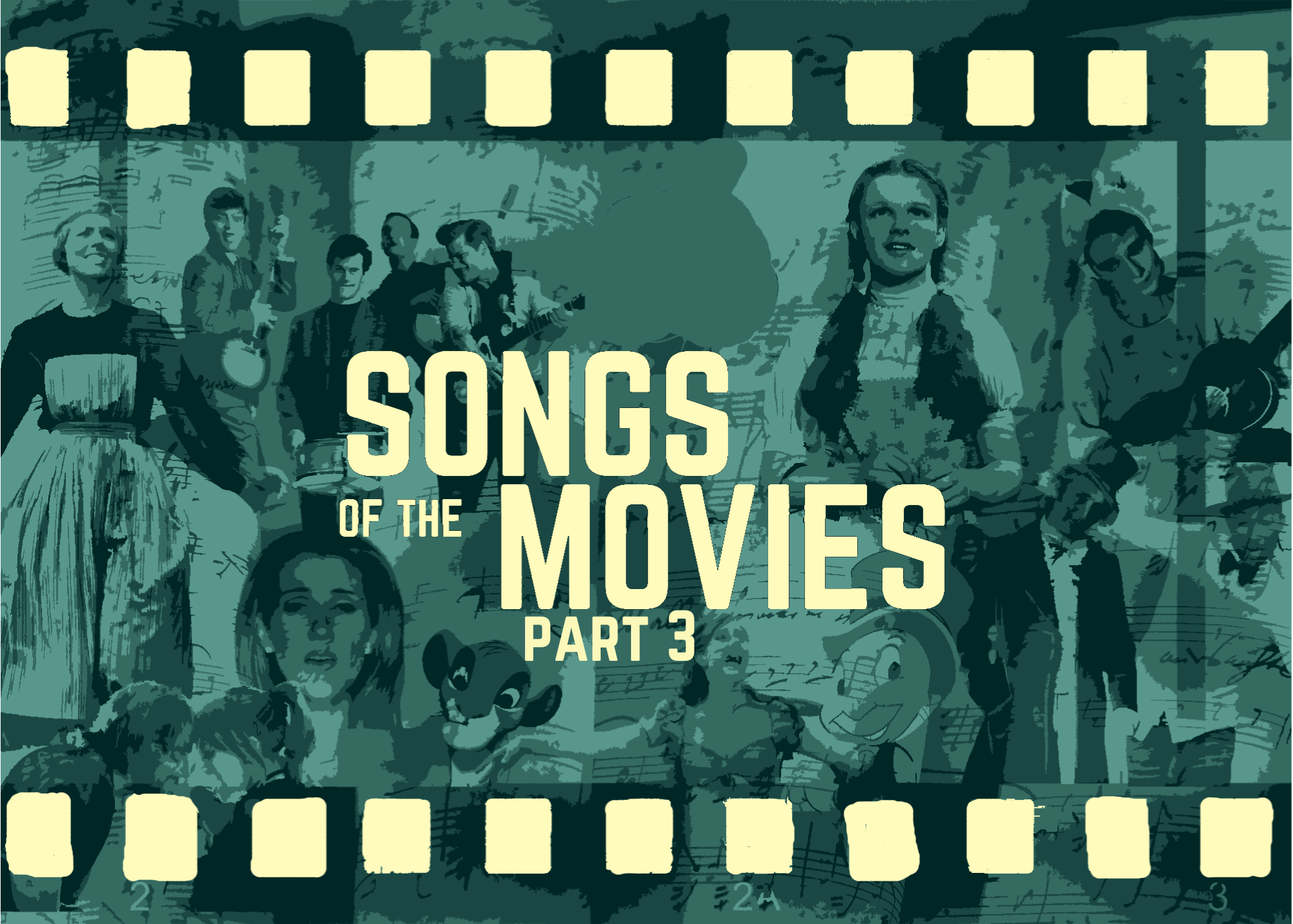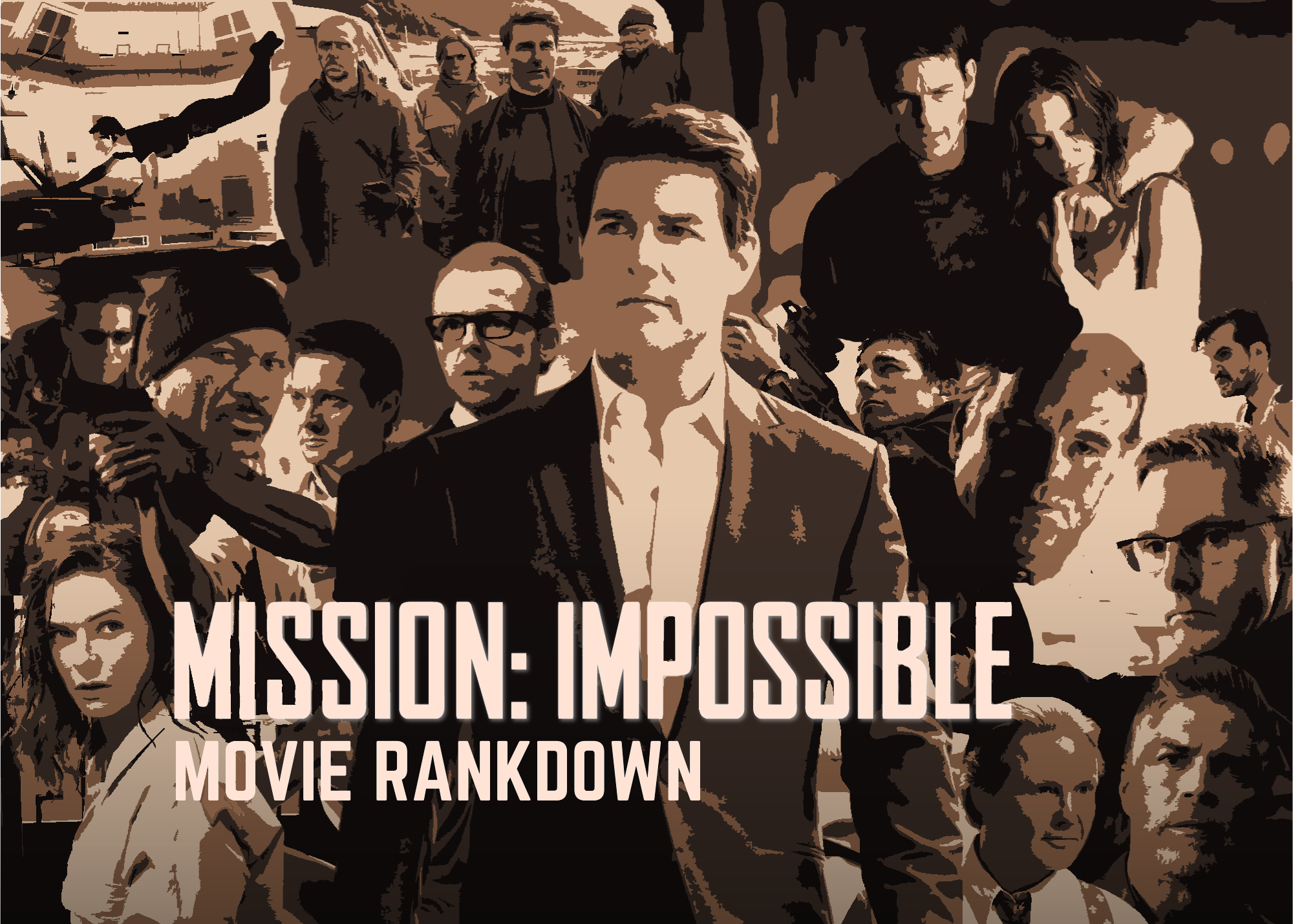Retrospective: Guys, It's Time to Show "The Chamber of Secrets" Some Love
The franchise's "worst" movie is, in some ways, it's best.
ModernAfter scouring the Internet for many moons, featuring periodic breaks for rotisserie chicken, failed attempts at becoming the next Stephen Curry, and “personal” time, the results of a grueling study are in:
The Chamber of Secrets is the least-popular Harry Potter movie: 48% of Potter rankings placed it last, none higher than 5th, and several behind the Fantastic Beasts flicks.
Millennials love Potter; the Columbus installments contain the wonderment many recall during dives into their past. Alas, they rip The Chamber of Secrets to shreds. Nostalgia can only do so much. It’s the longest film adapted from the second-shortest book, sidelines Hermione, and is, in many ways, a rehash of the first film.
The question must get asked: as we reflect on over 20 years of Potter with releases and reunions (and the occasional J.K. Rowling transphobic tweet), is The Chamber of Secrets really that bad?
No. Naysayers are wrong (not as much as the Supreme Court justices who overturned Roe v. Wade, but wrong nonetheless). Every Potter-fearing American must rectify this societal flaw, undo the damage done, and chart a course for a new tomorrow where The Chamber of Secrets is beloved.
Depending on your goal, refuting public opinion is difficult. If the intention is to reverse it, you must ask why. Some have complained about the thin plot, accusing it of being only a story where the school fears an invisible snake.
Well, yes, but that’s true of anything. A chocolate cake is flour, sugar, and cacao; the Taj Mahal is a building of stones; Gone with the Wind is a movie about a slave-owning gold digger.
Okay, but what about the villain being a diary? Comparatively, many human villains fall flat; take 98% of MCU baddies or even antagonists from more revered franchises: is there anything particularly outstanding about Star Wars’ Emperor Palpatine or The Lord of the Rings’ Lord Sauron? We get told what they can do or have done, but when seen up close, what feelings do they inspire? The Chamber of Secrets intrigues by giving an inanimate object not just agency but a developed voice with which to compel the protagonist to the narrative.
So what is it really? The length? Killer spiders? Are we jealous of Lockhart’s hypnotic effect on the ladies or Lucius Malfoy's platinum hair?
Whatever the reasons, it’s time we dispel the notion that The Chamber of Secrets is the worst Harry Potter movie or a bad film on its own. We should appreciate how it harkens back to a simpler cinematic time, alleviates the burden of formulaic aims at thematics, and reminds us of the creativity in kid's movies.
We expect something different from films today; everything must brood. Every character must undergo a dramatic arc, which creates thematic confusion when it clashes with the genre. Every movie must hit at some concept regardless of whether it explores; we need to get reminded of family and friendship even in action flicks. Bending the laws of cinematic normality is fine conceptually, but we forget the enrichment of watching something mastering simplicity and branching out. The Chamber of Secrets is a children’s movie. We don’t need it to become any more than it intends. Yet, it does.
Children’s movies usually play it safe: The Chamber of Secrets is not safe. It could have sanitized its narrative to be more palatable but refused, not because it misinterpreted its target audience but because it understood them. It is the originator of giving children credit, recognizing their intuition and imagination. However, they are also just as fearful, naive, and innocent. The Chamber of Secrets is a movie for every child: the basilisk is a genuine terror threatening the school, but never to the extent that it kills. The setting is dark, often lit only by flames and lanterns, but the music feels light enough to keep from getting too enveloped by the terror.
If an even softer touch is required, Gilderoy Lockhart offers comic relief. Tried and true is the underachieving fraud whose boundless egotism gets dwarfed by the magnificent nothing of his life. Lockhart brings something different: not just an actor with fantastic comedic timing but unshakeable cowardice that makes him ruthless enough to try to turn two 12-year-old boys into vegetables.
Alas, it is not simply a matter of balancing genres; in a series, every movie must build upon the last. Christopher Columbus was not a visionary, but the first two films are better for it. The Chamber of Secrets adheres to its source material, thus embracing consistency, forward momentum and recognition of what each character encapsulates. Doing so develops the foundation for the ultimate battle between Harry and Lord Voldemort, and with perhaps the series' best scene.
In the chamber, the ghost of a young Lord Voldemort reveals himself to Harry, who believed Tom Riddle to be Hogwarts's hero the last time it was opened. Fifty years prior, the basilisk killed Moaning Myrtle, the hormonal teenage ghost who haunts the girl’s bathroom. Riddle framed Hagrid and his pet arachnid, Aragog, keeping his identity as the Heir of Slytherin a secret.
Now, Voldemort's pride and ego lay shattered. He, the most feared Dark Lord in history, got defeated by a toddler. Who is this boy? How did Harry Potter escape unscathed while he has lived off of others like a parasite? Voldemort concerns himself with the question but drowns the question in an elixir of victory: Harry is in the chamber, alone and defenseless. Soon, Ginny Weasley will die; the Dark Lord will return… very. Much. ALIVE.
The two spat before the big battle with the basilisk. Voldemort says his “filthy muggle father’s name” would never do, so he turned it into an anagram, a name that would one day strike fear into the hearts of every witch or wizard when he became the "greatest sorcerer in the world:" Lord Voldemort.
Harry interjects: "Albus Dumbledore is the greatest sorcerer in the world!"
Riddle replies, “Dumbledore was driven out of this castle by the mere memory of me!”
Harry says that Dumbledore will “... never be gone. Not as long as those who remain are loyal to him!”
No exchange better encapsulates the fundamental differences between Harry and Voldemort. It isn’t just good and evil, the mind of a bigoted conqueror squaring off against childish idealism. Voldemort stands by what he said in the first movie:
“There is no good and evil; there is only power… and those too weak to seek it.”
Dumbledore’s expulsion from Hogwarts is the ultimate flex. It is not Voldemort's physical form, a sighting of him or his followers, or stirrings that his disciples seek resurrection. It only takes the recollection of who he was and what he did to force Dumbledore from Hogwarts.
Harry disagrees; his perception of Dumbledore and what he represents shows what makes The Chamber of Secrets a great movie and how well it understands its titular character.
Despite the horror, the imminent danger, and the threat of a “mudblood” cleansing that would jeopardize half the school, The Chamber of Secrets is a kid's movie. Harry, Ron, and Hermione took a tremendous risk but received a greater reward: not only salvation for the school (and the gift of canceled final exams), but the opportunity to do what every child should: honor your friends.
Hagrid is proof that bonds know no bounds. Harry got orphaned as a toddler and shipped off to two family members who made his life a living cupboard under the stairs. Dudley, his de facto brother, unleashed his brattiness at every turn. Harry's losses define how he establishes relationships. The bonds are quick but deep; he’s never known genuine affection or loyalty, the semi-permanence life suggests. The people who bring you into the world are supposed to last deep into your life; Harry does not understand that, only that it’s a hole he needs to fill, which he does by committee. We credit this primarily to Hermione and Ron as his closest friends, then secondarily to Dumbledore, the wise sage who pops in after the resolution to offer wisdom that would have been useful when people were actually in danger.
However, Harry’s most important relationship is with Hagrid. Friendships with peers can wound us as often as they uplift; throughout the series, Harry and Ron, though ultimately united, squabble. Dumbledore distances himself and scars Harry’s perception.
Hagrid, reliable, loyal, caring, and immovable, is the backbone of Harry’s time at Hogwarts. He knows it; when Hagrid triumphantly returns to the Great Hall and thanks him for his freedom, Harry tells Hagrid there’s no Hogwarts without him.
It's true: he was falsely accused fifty years ago and has lived with the stain on his name ever since. Despite his experiences, his spirit remains unbroken. He wants to be a safe place for fellow outsiders and always knows what to say: Hermione, a textbook overthinker broken by a half-blood slur, finds comfort in the reassurance of not only her character, but her gifts. Hagrid didn’t deserve to get accused of letting the Basilisk loose or sent to Azkaban prison as a face-save for the Minister for Magic. Regardless, he suffered. Harry, Ron, and Hermione relieved that suffering and gave him something he deserved: recognition for everything he’s meant to the school. It's easy to write off Potter as a children's fantasy until we remember these moments.
The Chamber of Secrets is not perfect. It runs too long, intent on squeezing as much of the book into itself as possible, thus suffering the occasional break in momentum. Hermione’s absence should theoretically force Harry and Ron to grow, but Harry is no more resourceful than he was in the previous film, and Ron is still just as useless. The theory that Draco Malfoy, Harry’s arch nemesis, is the heir of Salazar Slytherin and thus has opened the Chamber of Secrets is an unnecessary sidestep, although reflective of how 12-year-olds would think.
It’s okay; movies don’t need to be perfect. The Chamber of Secrets accomplishes everything on its checklist, even if it needs some tinkering. We should not ignore flaws in art; that would alleviate the responsibility of creators to hone their craft. However, it’s important to remember that if we accept that some issues are not changeable, we can find countless nuggets of genius. The Chamber of Secrets is a horror movie for kids filled with light touches of magic and whimsy, vital lessons about friendship, and a how-to guide on developing a protagonist and his nemesis.
Thus, it should now shoot up your Potter rankings. If not, that’s okay, but your skeleton will lie in the chamber forever.
.png)
83
Director - Christopher Columbus
Studio - Warner Bros.
Runtime - 161 minutes
Release Date - November 15, 2002
Cast:
Daniel Radcliffe - Harry Potter
Emma Watson - Hermione Granger
Rupert Grint - Ronald Weasley
Richard Harris - Professor Albus Dumbledore
Kenneth Branagh - Professor Gilderoy Lockhart
Toby Jones - Dobby (voice)
Jason Isaacs - Lucius Malfoy
Bonnie Wright - Ginny Weasley
Alan Rickman - Professor Severus Snape
Maggie Smith - Professor Minerva McGonagall
Robbie Coltrane - Rubeus Hagrid
Tom Felton - Draco Malfoy
Matthew Lewis - Neville Longbottom
Julie Walters - Molly Weasley
Mark Williams - Arthur Weasley
Richard Griffiths - Vernon Dursley
Fiona Shaw - Petunia Dursley
Shirley Henderson - Moaning Myrtle
Editor - Peter Honess
Cinematography - Roger Pratt
Screenplay - Steve Kloves
Score - John Williams

%20(13%20x%206%20in)%20(13%20x%204%20in).png)





































.png)






.png)